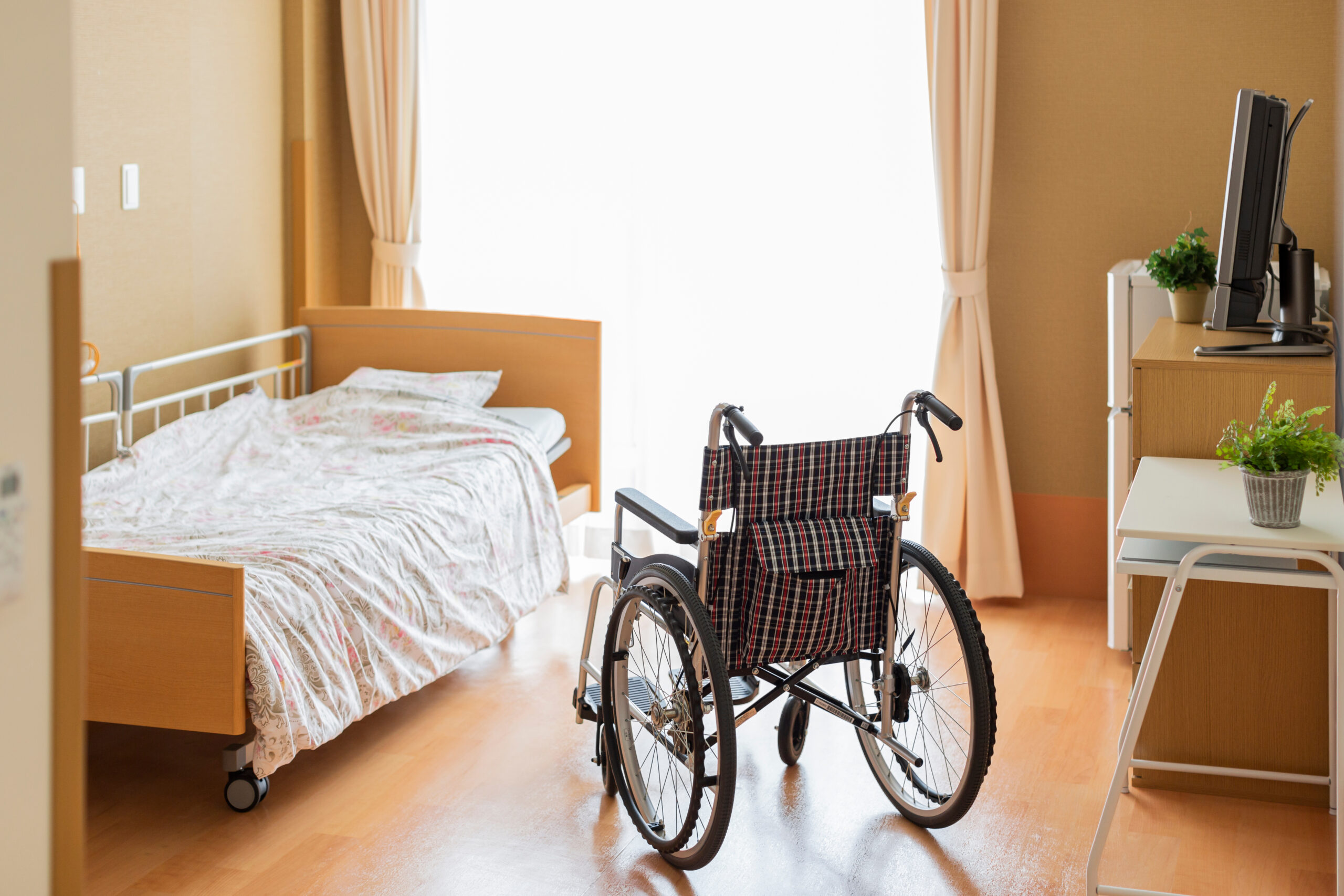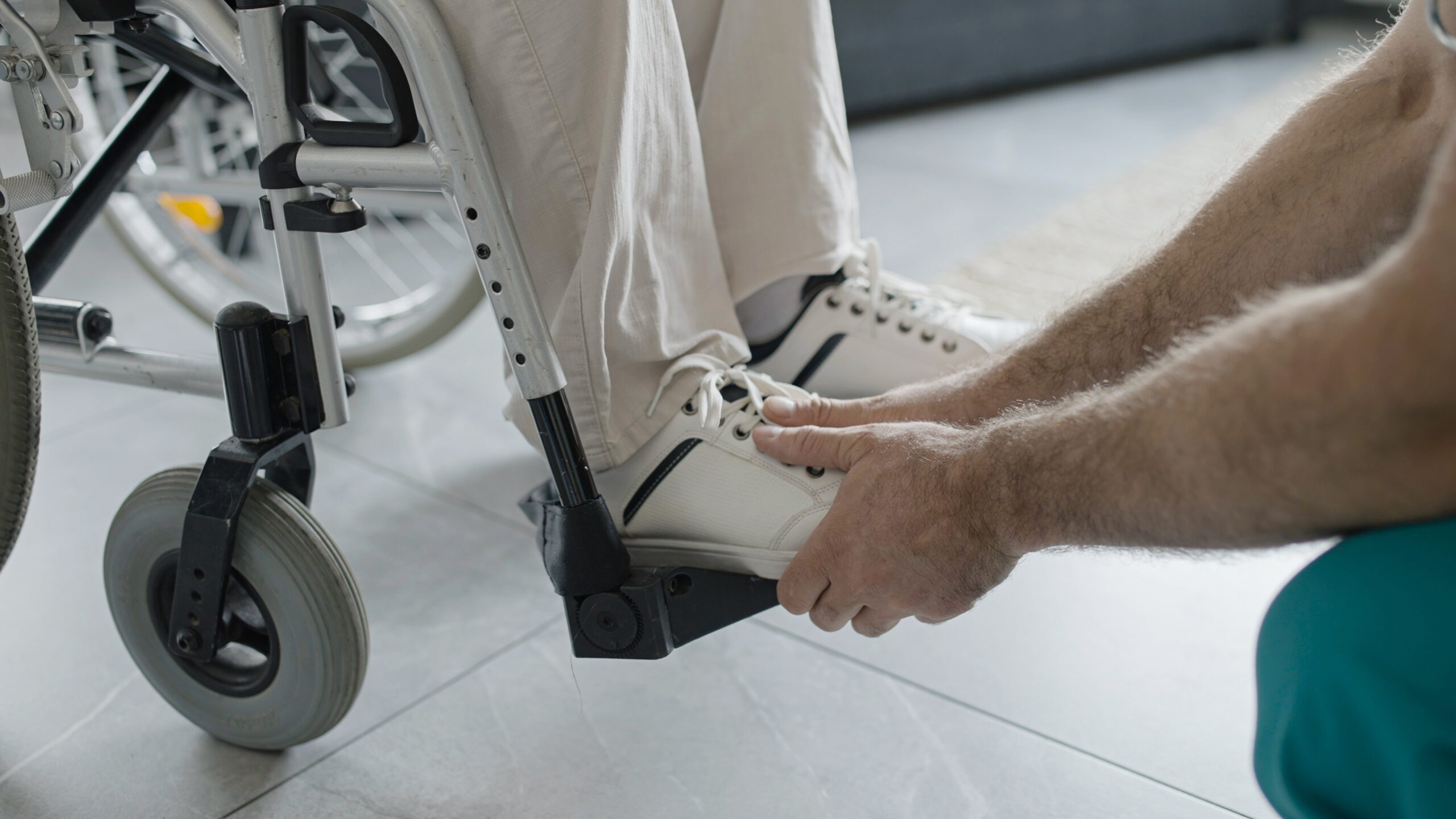States Must Step Up After Federal Court Tosses Key Protection for Nursing Home Residents
After the COVID-19 pandemic exposed systemic care failures in American nursing homes, the Biden Administration adopted a series of regulatory changes to enhance resident safety.

Published
Author
Share
After the COVID-19 pandemic exposed systemic care failures in American nursing homes, the Biden Administration adopted a series of regulatory changes to enhance resident safety. Most prominent: a minimum staffing standard to help ensure that more nursing homes have the staff needed to prevent neglect and avoidable harm to residents (evidence suggests that most facilities do not).
On April 7, 2025, a federal judge in the Northern District of Texas struck down that staffing mandate, holding that the federal agency implementing it had exceeded its authority. Although the controversial ruling could be overturned, the staffing standard is likely dead. President Trump has directed federal agencies to repeal a wide swath of regulations without notice and comment. And even if the Administration and courts don’t reject it, Congress may. Earlier this year, Representative Michelle Fischbach (R-MN) re-introduced previously stalled legislation to block its implementation.
The staffing standard is just one of the federal protections for nursing home residents that is poised to vanish. Federal penalties for facilities that endanger residents may plummet too — as during the first Trump Administration. Even new rules that increase transparency in nursing home ownership — rules that help track where taxpayer dollars are spent and make it easier to prevent the worst owners from acquiring more facilities — are in danger.
Such regulatory rollbacks are welcome news to the nursing home industry, which sued to block the staffing mandate citing concerns about its substantial costs. But rollbacks endanger nursing home residents, and are a slap in the face for American taxpayers (who pay for the bulk of nursing home care in the U.S.). That’s because it’s an open secret that America’s nursing homes often aren’t safe for the more than one million people who live in them. Understaffing is commonplace and dangerous, and expansion of for-profit nursing home chains — especially ones operated by private equity — has exacerbated quality of care problems. Consider just a few headlines from the past year:
- “Before rotting body found, state ripped North Miami nursing home for nasty conditions”
- “‘Living in fear’: Nursing home residents reckon with widespread neglect”
- “A dog pound would be better.’ Inside one of the most-fined nursing homes in Mass”
But if the federal government won’t require minimum staffing standards, states can. Some already do. If the federal government returns to the toothless “per instance” fines for inadequate care adopted by the first Trump Administration, states can impose their own, meatier penalties. Many states’ public health statutes already give them authority to do just that.
Perhaps most importantly, states can use their existing licensure systems to ensure that nursing homes are run by responsible providers. All states require nursing homes to obtain a license to operate. Most state licensing agencies can consider the performance of other homes operated or owned by entities applying for a license when deciding whether to grant it. In addition, most have authority to consider a facility’s past performance when determining whether to renew its license, and many can revoke or suspend licenses of unsafe facilities.
This means that state licensing agencies can say no to applicants with bad track records who want to run nursing homes. That’s powerful because most nursing homes are part of multi-facility chains, and some owners notorious for bad care nevertheless acquire new homes. Consider, for example, one operator that has made headlines for quality of care concerns. Between 2016 and 2020, the operator acquired more than 100 nursing homes. According to ProPublica, the operator is affiliated with 127 facilities; two are on the government’s Special Focus Facility list, a list of the nation’s very worst nursing homes. Another eight are candidates for the list. Yet the operator has been allowed by multiple states’ regulators to acquire additional homes.
To see the power of state licensure, consider Vermont’s experience. In 2021, a nursing home operator with a history of major problems sought to buy multiple nursing homes in the small state. The prospective owner decided against the takeover after Vermont’s licensing agency became skeptical about the performance of its other facilities. Thanks to regulators asking questions, Vermont residents may have dodged a bullet: ProPublica’s nursing home inspection database indicates that, in 2024, four of the 27 homes affiliated with the operator had histories of such serious quality issues that they were a “Special Focus Facility Candidate.”
But few states use the licensing authority to address quality-of-care issues. My colleagues and I have found that states almost never deny, suspend, or revoke a nursing home’s license. For example, a recent investigation of Michigan’s licensing agency found that the state revoked dozens of nursing home licenses between 1998 and 2007. Then it simply stopped, despite being home to some of the nation’s worst facilities.
Few states use the licensing authority to address quality-of-care issues. My colleagues and I have found that states almost never deny, suspend, or revoke a nursing home’s license.
One reason regulators hesitate to deny licenses is the fear that doing so will reduce the supply of nursing home beds. Ironically, the opposite may be true. In July, residents of Montana’s largest nursing home discovered their facility was shuttering because it was so poorly run that it was no longer eligible for Medicaid or Medicare reimbursement. Who operated the facility? The investment firm mentioned above that acquired more than 100 homes between 2016 and 2020. When operators fail, the damage can be widespread. For example, Skyline Health care, at its height, owned or operated more than 100 skilled nursing facilities across 11 states. After a series of financial failures and rampant quality of care problems, the chain collapsed, shuttering facilities and kicking residents out. That chaos might have been avoided had states considered Skyline’s poor track record when making licensing decisions.
In short, states already have many of the tools they need to protect nursing home residents from unscrupulous providers. The rollback of the federal staffing standard is one more reason why they should use them.


